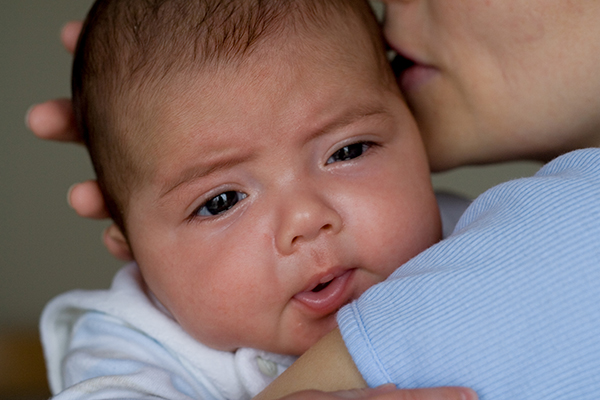Is it worth talking in Polish with a Polish child living in a foreign country?
Bilingualism is not only the knowledge of a second language in order to be able to use it for communication, but it is also a long educational process.
In order to develop both languages at a very high level, activity and co-operation around the child’s environment is necessary.
Nowadays, in many countries the value of bilingualism is appreciated both for the individual, as well as for the society as a whole. Bilingual education, despite the doubts of many parents, not only does not interfere with the processes of adaptation, but also, as studies show, helps the immigrant families to keep in touch with the country of origin and relatives. Maintaining the native language enables children to assimilate the cultural heritage of their parents and grandparents. And even more importantly, is to facilitate the understanding of cultural differences. Therefore, the child becomes able to compare and receives richer, more open picture of the world.
Children who know their native language and are well-equipped with the knowledge about the country of origin feel more comfortable, and safe in terms of their own national identity. Although children may learn several languages simultaneously, it does not necessarily mean that they will become bilingual. The maintenance and development of the mother tongue in a situation where a child grows up in a different country (language environment) is a very hard-worked process. Those parents, who have managed to raise a bilingual or even multilingual child, claim that the result is worth the effort.
What is the concept of “one person, one language”?
It is flexibly applied educational strategy consisting in the situation when each parent uses his/her own mother tongue. It is recommended to consistently and patiently use the own native language to communicate with child. A child in this situation quickly learns who speaks Polish, and who speaks another language.
Would our child learn the local language quickly, if we talk with him in Polish?
It is even easier and better to learn a foreign language if you speak your mother tongue very well. Strengthening and developing the knowledge of the first language while learning a second one does not lead to competition between languages. Very often, improving ability to speak in one language, helps learning a second one faster. A child, who learns some words and concepts in one language, will have it much easier to assimilate them into the second language. Sometimes, children periodically mix languages, but the consistent development of skills allows a better orientation and conscious use of each language.
How should we behave if the child understands but do not want to answer in Polish?
When at one time a child stops trying to respond in Polish, and uses only the local language, you do not need to worry. It happens very often. You should be patient and continue to consistently talk to him in Polish. In this case, it can be very helpful to keep in touch with children who speak Polish, for example colleagues and teachers from Polish supplementary schools. Do not correct all the time, do not ridicule because of failed attempts. However, you can repeat in Polish all the child’s speeches in the second language. You can not punish him or pretend that you do not understand his message.
How to react when your child does not want to speak in kindergarten or school?
A child who makes a huge effort to learn and develop two languages at the same time, can have – especially at the beginning of learning the local language – a quiet period while gathering the knowledge of a new language, but not yet decided to try and use it. Often, it’s best to wait and monitor the child, and to just allow him to communicate in any way it wants, even if only with the use of body language or simple gestures.
Is it worth sending your child to a Polish supplementary school?
Not only children whose parents are planning to return to their country and want their children to be prepared for study in Poland, can and should attend Polish schools. Contact with the school, where children are taught in Polish and about Poland, is necessary also for children who will not return to Poland. If a child goes to a Polish kindergarten or school, it will enable him to realise that he can use different languages to communicate with people. It is also helpful in building its identity, recognising relations, and in increasing its sense of security and self-confidence. However, Polish lessons in school should not be treated as language courses preparing for holidays at grandmothers’ and aunts’. These schools not only have to teach vocabulary to enable communication on the simplest levels, but in a majority of schools, educational objectives are formulated a lot more vague; they implement a task important for the fate of the Polish national community where Polish children learn their native language, literature, history, geography and culture. So this is not a normal language course, but instead it offers teaching and education in order to be Polish.
In the Netherlands, Polish schools are available in almost every major city. You can choose between social schools, schools by the Polish parishes, and at the Polish Consulate in The Hague. The addresses can be found at: FPSN
Source: Polska Szkoła
Photo © Anna Karahan


